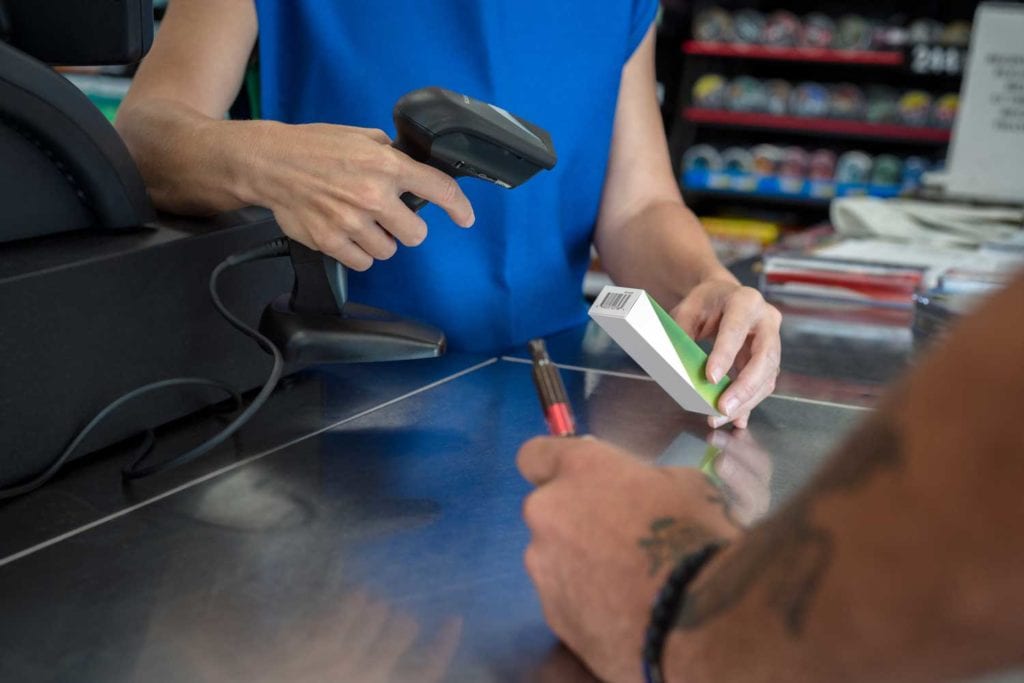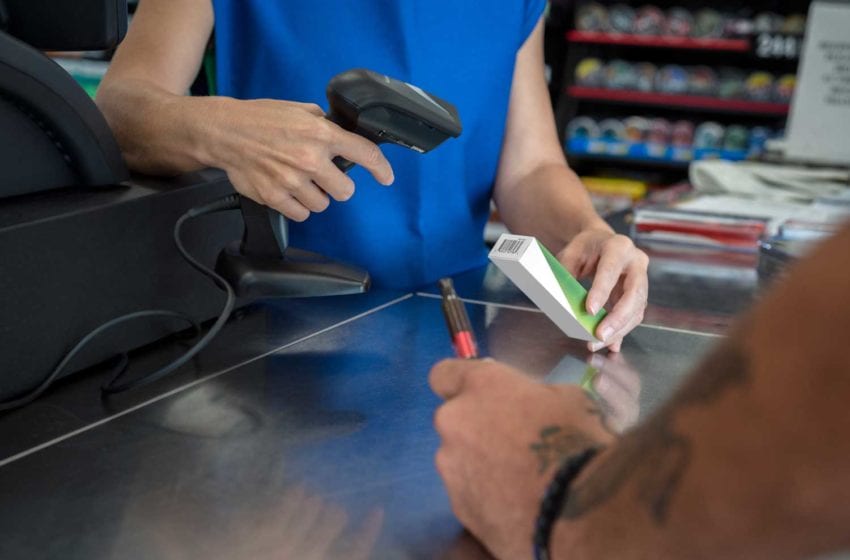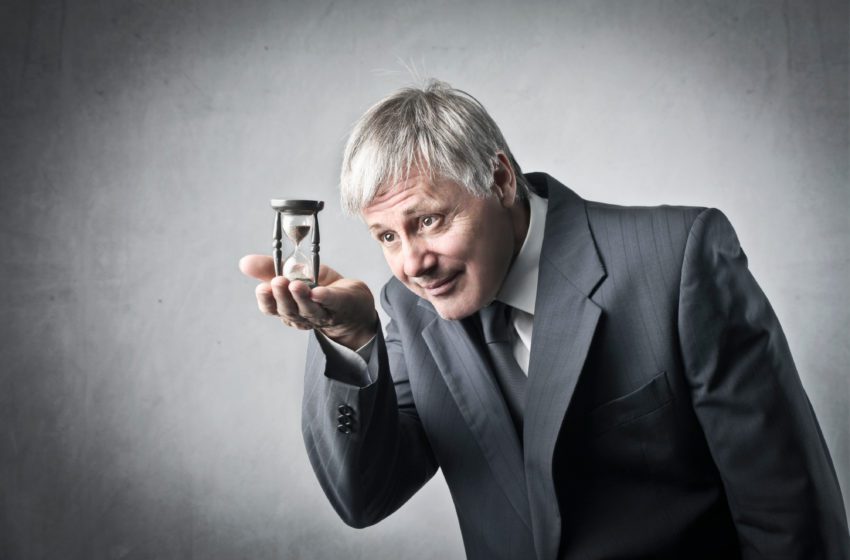
A Virginia federal judge denied a permanent injunction request from Philip Morris International (PMI) to bar R.J. Reynolds Vapor Co. from selling vaping devices that a jury found violated PMI patents. In the order, the judge stated that banning the devices would harm public health.
However, RJRV was ordered to pay a modest patent royalty to its rival PMI. Judge Leonie Brinkeina of the Eastern District of Virginia stated that RJRV is required to pay a royalty of 1.8 percent of net sales for infringing on a patent used in Vuse Alto cartridges, and a 2.2 percent royalty for infringing on a patent used in Vuse Solo G2 cartridges, reports the Winston-Salem Journal.
The royalties will be enforced for the remaining life of the patents. The royalties will be paid quarterly, retroactive to June 16. PMI said that if a permanent injunction was not approved, it requested a 33.5 percent royalty on the Alto cartridges and a 3.75 percent royalty on the Solo G2 cartridges.
The royalties are on top of jury awards in 2022 that totaled $10.91 million for the Alto infringement and $3.16 million for the Solo G2 infringement.
PMI said in a statement that “while we continue to review the court’s decision, we reiterate our gratitude to the jury for its finding that BAT’s affiliate RJR infringed two of our patents with its Vuse products, its confirmation of BAT’s obligation to pay us damages, and its vindication of our industry-leading investments in smoke-free technologies, such as e-vapor.”
RJRV said in a statement that “while we welcome the decision to reject an injunction, we are disappointed with the underlying verdict regarding patent validity and infringement.”
“R.J. Reynolds Vapor is currently evaluating next steps, including the possibility of an appeal to the U.S. Court of Appeals for the Federal Circuit, seeking reversal of the jury’s verdict regarding patent validity and infringement.”
Brinkeina determined that PMI “has not established that it has suffered irreparable injury” from the patent infringements.
The judge wrote that “(PMI) did not have a significant market (in the U.S.) before Reynolds infringed on its patents, has not demonstrated that it has brand recognition in the U.S. for its products, and has not provided compelling evidence that shows the loss of goodwill in the domestic market.”
Brinkeina also determined that the public’s interest in having potentially harm reduction Alto and Solo G2 cartridges available at retail outweighs ordering a permanent injunction “given the undisputed popularity of Reynolds’ Vuse products.”
In the latest Nielsen report on convenience store sales of tobacco products, top-selling Vuse holds a 42.2 percent market share, compared with Juul at 26.1 percent.


















